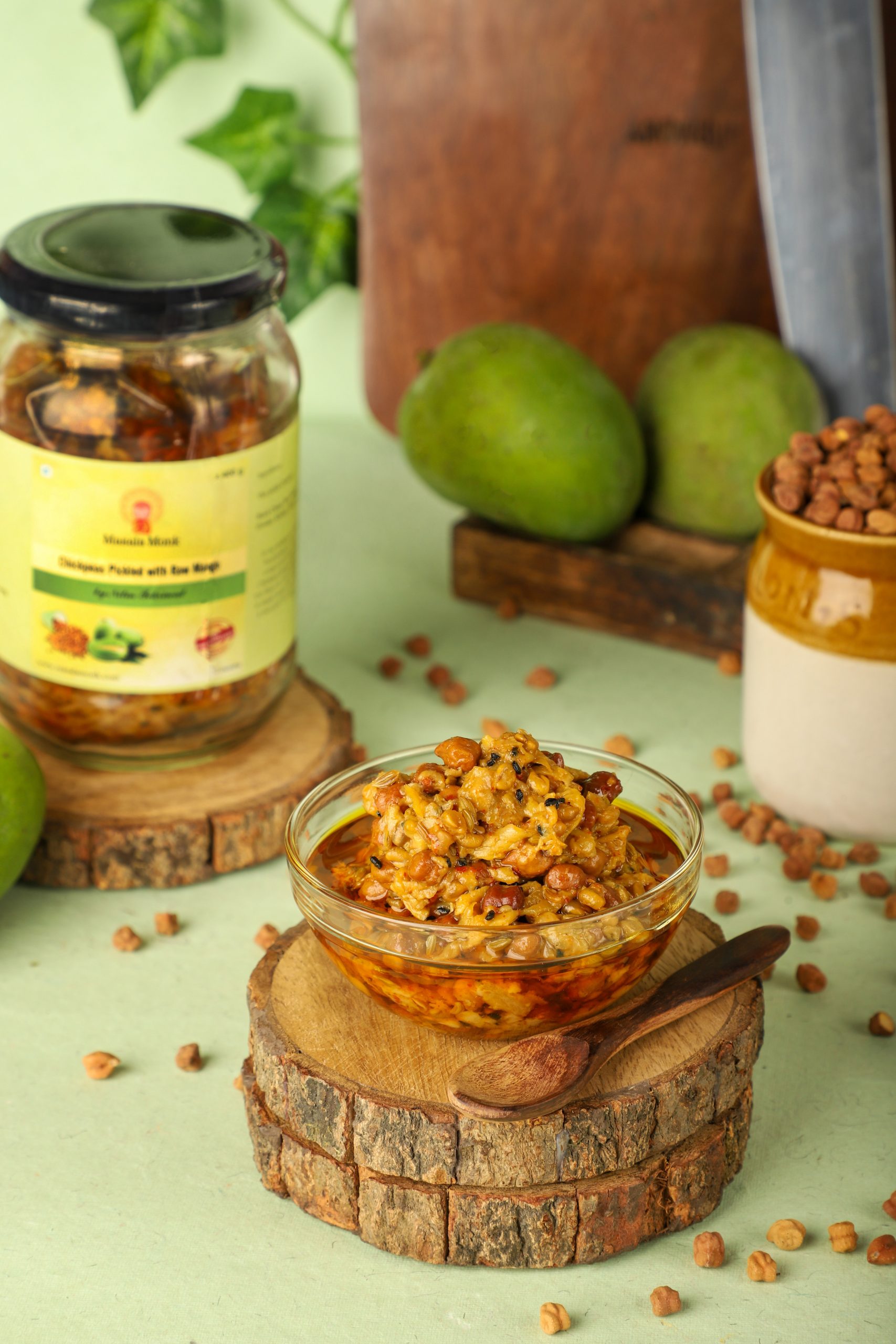Introduction
In a compelling video, Dr. Anthony Youn, a renowned holistic plastic surgeon, unravels the mysteries of anti-aging supplements and their transformative impact on skin health and appearance. Dr. Youn’s insights illuminate the pathway to achieving youthful and vibrant skin through strategic supplementation, guiding viewers through a journey of rejuvenation and holistic well-being.
Video: ANTI-AGING Supplements EVERYONE Should Take – Dr. Anthony Youn
Credits: Doctor Youn
The Transformative Impact of Supplements
Dr. Youn begins the discussion by demystifying the role of various supplements in enhancing skin health and appearance. He navigates through the skepticism and provides a clear perspective on how certain supplements can be powerful allies in the pursuit of youthful skin.
A Symphony of Essential Vitamins and Minerals
Highlighting the significance of multivitamins containing vitamins A, C, D, and zinc, Dr. Youn elucidates their essential roles in skin health. These vitamins emerge as potent antioxidants and crucial elements in collagen production, playing a symphony of roles that enhance the skin’s vibrancy and resilience.
The Power of Antioxidants: Resveratrol and Curcumin
In a fascinating segment, the spotlight is cast on antioxidants such as resveratrol and curcumin. Dr. Youn explores their potent abilities to combat free radicals, positioning them as cutting-edge components in the anti-aging arsenal.
Omega-3 Fatty Acids: Nourishing the Skin from Within
The journey continues with a dive into the world of omega-3 fatty acids. Dr. Youn reveals how these essential fatty acids, found in supplements like fish oil, wield the power to soothe and moisturize the skin, unveiling a realm of benefits that resonate with holistic well-being.
Probiotics: Cultivating the Gut-Skin Connection
Exploring the profound connections between gut health and skin appearance, Dr. Youn emphasizes the transformative impacts of probiotics. These beneficial bacteria emerge as key players in nurturing not only gut health but also in promoting a radiant skin appearance.
Collagen Supplements: A Journey of Rejuvenation
In a revelation that challenges skepticism, Dr. Youn delves into the science of hydrolyzed collagen supplements. Backed by research, collagen supplements unveil their potency in enhancing skin elasticity, hydration, and overall youthfulness.
Conclusion: A Journey of Discovery and Transformation
Dr. Youn’s video is a treasure trove of insights, guiding viewers through a transformative journey of anti-aging strategies. It invites viewers to embrace the power of supplements as allies in nurturing not only the skin’s youthful appearance but also in cultivating overall well-being and vitality.
FAQs
- What are the key supplements that Dr. Anthony Youn recommends for anti-aging? Dr. Anthony Youn emphasizes a variety of supplements such as multivitamins containing essential vitamins and minerals, antioxidants like resveratrol and curcumin, omega-3 fatty acids, probiotics, and hydrolyzed collagen supplements. Each plays a unique role in promoting skin health and overall well-being.
- How do antioxidants like resveratrol and curcumin contribute to anti-aging according to Dr. Youn? Antioxidants such as resveratrol and curcumin are highlighted for their powerful ability to combat free radicals, which are instrumental in the aging process. These antioxidants are pivotal in protecting the skin and promoting a youthful appearance.
- What is the significance of probiotics in anti-aging as discussed in the video? Probiotics are underscored for their role in nurturing gut health, which is intricately linked to skin appearance. A healthy gut contributes to a radiant skin appearance, making probiotics a valuable component in the anti-aging regimen.
- How does Dr. Youn view the role of collagen supplements in promoting youthful skin? Dr. Youn discusses the backed-by-research benefits of hydrolyzed collagen supplements in enhancing skin elasticity, hydration, and overall youthfulness, emphasizing their transformative impact on skin health.
Blog Tags
Dr. Anthony Youn, Anti-Aging, Supplements, Skin Health, Nutrition, Holistic Health, Vitamins, Antioxidants, Probiotics, Collagen











